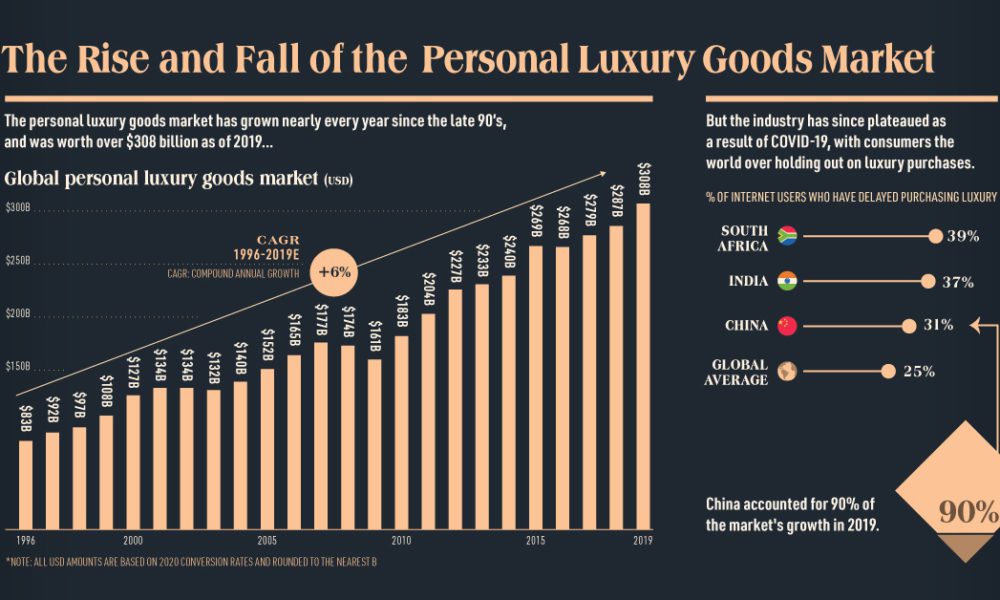Consumption, the act of purchasing goods and services, is the driving force behind some many facets of our lives. It fuels economic growth, creates jobs and provides us with the comforts and luxuries that make our lives more enjoyable. From essential needs like food and shelter to leisure activities like travel and entertainment, consumption plays a significant role in shaping our daily experiences.

Image: www.waterandnature.org
Alluring Allure of Material Possessions: Consumption as a Source of Fulfillment
In recent years, consumption has become increasingly intertwined with our sense of identity and well-being. We define ourselves by the brands we wear, the cars we drive, and the experiences we accumulate. While consumption can indeed provide fleeting moments of happiness, it’s essential to understand its limitations as well. True fulfillment comes not from material possessions but from meaningful relationships, personal growth, and selfless acts.
Origins of Consumption: From Subsistence to the Consumer Society
The origins of consumption can be traced back to the earliest human societies. Early humans consumed goods primarily for survival by hunting, gathering, and cultivating. As civilizations advanced, so too did the concept of consumption. The Industrial Revolution brought about mass production and increased access to goods and services and laid the foundation for the consumer society we know today.

Image: marketbusinessnews.com
Consumption Is The Purchase Of Goods And Services By:
Consequences of Conspicuous Consumption: Environmental Degradation and Waste
While consumption has undoubtedly improved our lives, there is a growing concern about its environmental consequences conspicuous consumption, buying goods to impress otheres, the overconsumption of planet’s resources at an unsustainable place. The production, use, and disposal of goods all contribute to carbon emissions, pollution, and the depletion of natural resources. Overcrowded landfills and microplastics in our water supply stand as alarming reminders of the need to curb excessive consumption.
